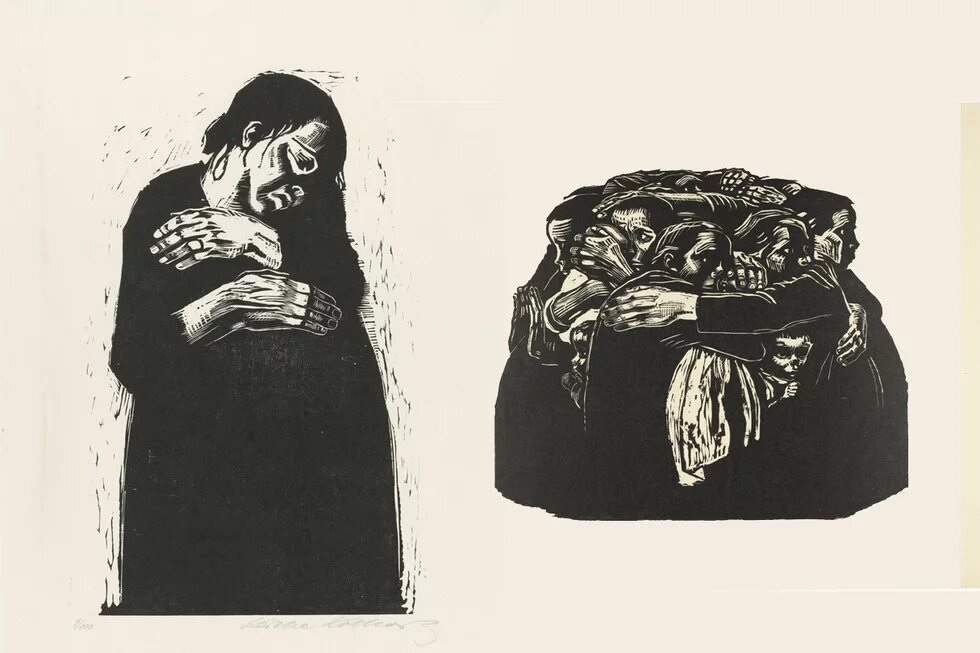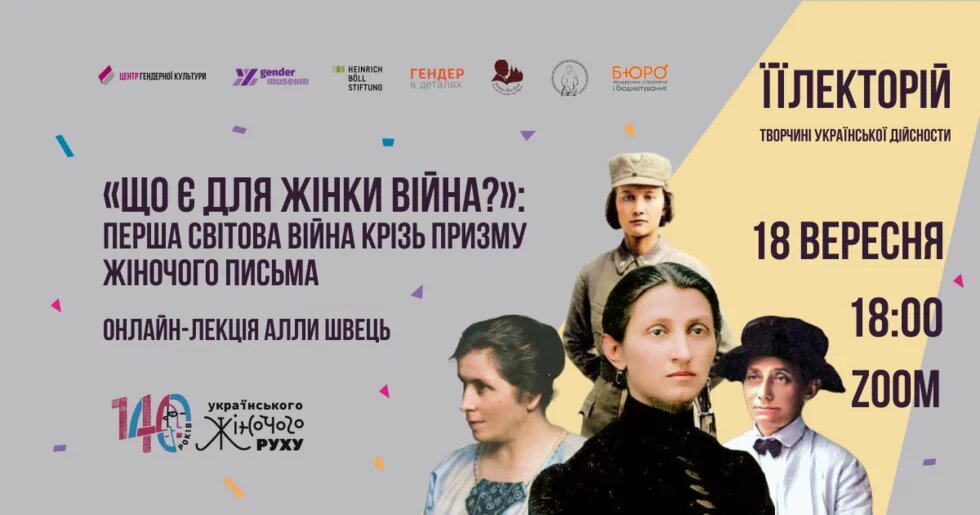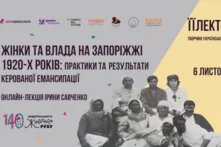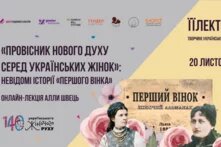

War leaves its terrible mark not only on human history but also on the fate of every person, resonating with painful traumas of loss and emotional turmoil. The history of Ukraine's longstanding struggle against the Russian imperial evil resonated in the broad anti-war discourse of Ukrainian literature, which covers various issues of the anthropological dimension of war. The events of the First World War, which began 110 years ago, found their echo in women's writing, through the prism of which writers reflected on the war cataclysms they experienced. Women's texts about the war by Nataliia Kobrynska, Olha Kobylianska, Katria Hrynevycheva, Olha Duchyminska, Mariia Pidhirianka, and Uliana Kravchenko, as well as memoirs and testimonies by Olena Stepaniv and Kostiantyna Malytska about the war and captivity, are filled with general humanistic, existential, and national issues, a humanistic understanding of the problem of “war and human fate.” Moreover, these authors experienced the terrible horrors of the war blizzard.
These writers' fictional texts about the war are related by common motifs and images that show a humanistic understanding of the war. The descriptions of human experiences of war, general mobilisation, and the tragic expression of human pain and fear masterfully convey the collective emotion of war, with its various mechanisms of human behaviour - fear, madness, threat syndrome, indifference to death, universal depression, stagnation, and instinctive flight to nowhere.
A distinct gender marking characterizes women's works about the war: Men's representation is primarily military, defensive, and internally invisible, although not without sentiments of kinship, intimate sensuality, marital fidelity, and rootedness in one's own home. The feminine characterisation of war is manifested in the motifs of waiting, prayer, empathy, protection of children and property, and returning to the image of a woman as a guardian of the family and ancestral mother. In the anti-war prose of women writers, considerable attention is paid to the image and psychology of the army as new creators of national destiny, who are now forced to get used to walking a ‘new step’, to master a new experience of living with their own mutilated body, but with unshakable resilience. The writers are less interested in admiration for military heroism and more in war's impact on its participants.
The cross-cutting motifs and images of women's texts about war are the prayer practice of a person in situations of hopelessness; the archetype of the earth as a victim of war and the basic centre of national existence; the image of war as a national catastrophe, loss of the gene pool and folk martyrology; the image of the enemy as a world and chthonic evil; the motif of rootedness in one's land, genetic kinship with the family; the motifs of lost childhood, refugee, forced eviction, and at the same time the motif of returning to one's land; the image of victory as a “triumph of renewed life”.
The anti-war prose by women writers demonstrates the peacemaking principles for which war is a total aggression, a destructive evil that deconstructs the body, mutilates the soul, and destroys the adapted peaceful space-family, personal, economic, and social.
The translation from Ukrainian was created with the help of DeepL.
«Що є для жінки війна?»: Перша світова війна крізь призму жіночого письма - Genderculture Space
 Watch on YouTube
Watch on YouTube


